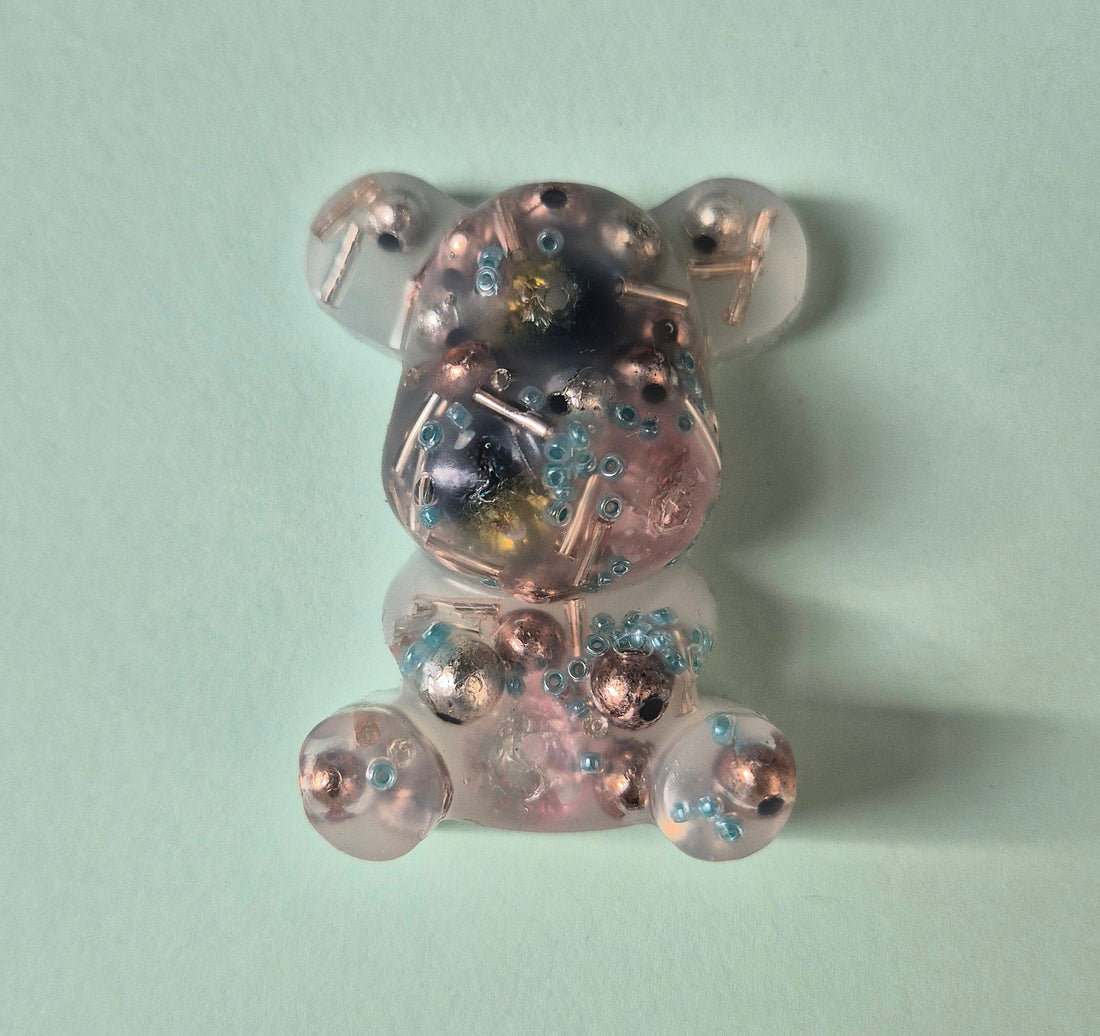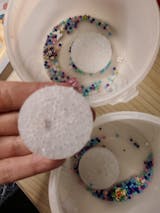
What Causes Body-Focused Repetitive Behaviours (BFRBs)?
Share
Body-Focused Repetitive Behaviours (BFRBs) are a group of compulsive, self-grooming actions — such as hair pulling, skin picking, or nail biting — that result in physical damage to the body.
These behaviours are classified under Obsessive-Compulsive and Related Disorders in the Diagnostic and Statistical Manual of Mental Disorders (DSM-5) and are surprisingly common, yet still misunderstood.
So what actually causes them?
1. Emotional Regulation and Anxiety
Many individuals engage in BFRBs as a form of emotional self-regulation. During periods of stress, anxiety, or boredom, these behaviours can create a brief sense of relief or satisfaction. Clinical research suggests that BFRBs serve as a maladaptive coping mechanism — providing temporary calm but often followed by distress or shame.
2. Sensory Processing and Perfectionism
Some people with BFRBs are highly sensitive to sensory input. They may feel a strong urge to remove a skin imperfection, a hair that feels “wrong,” or a nail that isn’t smooth. This response is tied to differences in sensory processing and a tendency toward perfectionistic or detail-focused thinking, which can reinforce the urge to act on small perceived flaws.
3. Neurobiology and Genetics
There’s growing evidence that BFRBs have a biological basis. Brain imaging studies have identified differences in impulse control circuits, particularly in regions like the anterior cingulate cortex and basal ganglia. Additionally, abnormalities in dopamine and serotonin pathways — neurotransmitters involved in reward and inhibition — have been observed. Family studies also suggest a genetic predisposition, with BFRBs appearing more frequently among first-degree relatives.
4. Automaticity and Lack of Awareness
BFRBs often occur outside of conscious awareness — what researchers call “automatic” episodes. These typically happen during sedentary or passive activities like watching TV, reading, or thinking. This automaticity can make the behaviour especially difficult to control, since individuals may not realise it’s happening until after damage is done.
Supporting Tools: Why We Created Squisharoo
At Squisharoo, we design skin-safe, silicone-based fidget tools to provide an alternative outlet for restless hands. Our toys offer both tactile stimulation and sensory satisfaction, helping bring awareness back to the moment — a first step in breaking the cycle.
While fidgets aren’t a cure, they’re part of a bigger toolkit that supports habit change, emotional regulation, and self-compassion. And that’s a step worth celebrating.










